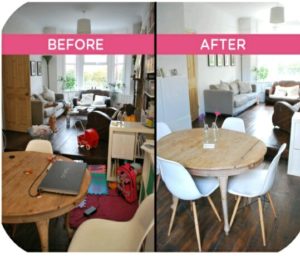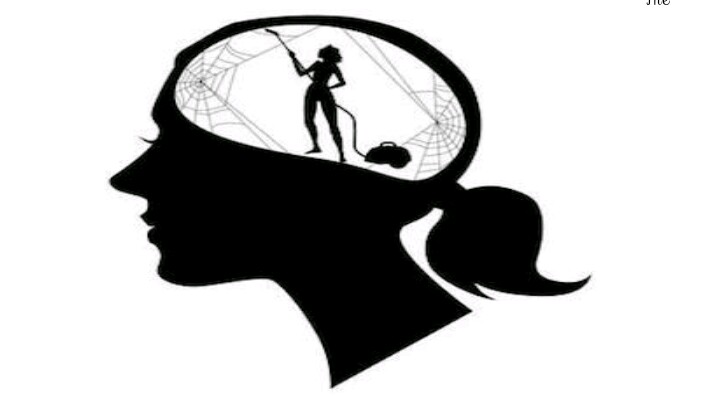Simplicity is the ultimate sophistication- Leonardo DaVinci.
But what happens when simplicity is no longer attainable? When there’s already too much knowledge and complexities crammed into your brain? When life has expanded its eccentricity through your mind? How then do you cope with the complexity that’s taking its toll on your cortisol level.
The answer, mental decluttering
It is the concept of removing clutter (such as worrying about the future; ruminating about the past; keeping a mental to-do list; complaints; and so on) from the mind. Even though it sounds daunting, there are proven ways to free up your mental space.
- DECLUTTER YOUR PHYSICAL ENVIRONMENT

Physical clutter leads to mental clutter. This is not surprising as clutter bombards the mind with excessive stimuli, which forces the brain to work overtime. Physical clutter signals to the brain that there’s always something else that needs to be done, which is mentally exhausting. As you declutter your physical space you’ll discover that your mind is also decluttered. You may have noticed that when you are in a pleasing, uncluttered space, you can readily focus.
- STOP MULTI-TASKING

If your room is a mess and you need to organize it, how would you begin? You would probably start by choosing one important area (eg the table) and clearing it of all clutter.
The mental equivalent of clearing off the table is to choose one important task per time. During that time push all mental clutter to the side and focus all of your attention on the task at hand.
While there’s no harm in occasional multitasking, constant juggling between tasks limits your attention span, increases stress and creates additional clutter by making it difficult for your brain to filter out irrelevant information
- WRITE THINGS DOWN OR KEEP A JOURNAL

You don’t need to keep everything stored in your brain. A journal allows you to download the inner chatter that’s constantly interrupting your thought process when you’re trying to get important things done. This can include appointments, phone numbers, ideas for future projects, and so on. There’s enough space to pour information, so no need to keep it moderate.
- BE DECISIVE

When you put off making decisions, your brain will soon be overflowing with all of the decisions that you need to make. The solution is to be decisive. Put small, routine tasks (like Deciding what to have for breakfast each morning; Deciding what you’re going to wear each day; and so on) on autopilot. They can occupy a lot of brain space.
- LIMIT MEDIA CONSUMPTION

Too much information can clog up the brain. This includes the information that you take in each day by reading newspapers, blogs, and magazines; watching TV; participating in social media; surfing the web on your phone; and so on. Moderation, in this case, is key.
- JUST LET GO

Most people keep a large cabinet of mental drawers stored in the back of their minds. These drawers are filled with mistakes they’ve made, opportunities they’ve missed, people they’ve hurt, past grievances, and so on. Emptying these is a great step toward a freer mind, so take your time to go through and resolve them.
- TAKING TIME OFF

Just relaxing away from all the hustle and bustle can be the best thing for the cluttered mind.
- MEDITATION, MENTAL MINIMALISM, MINDFULNESS

These are all tools that can be used to calm the mental waters. They are easy to use. However, a lot of practice is involved to get better at these things.
When you declutter your mind, you’ll have more time and energy to devote to positive and productive things. Do it right and you’ll develop amazing mental strength and stability.

And who needs this more than a medical student?

